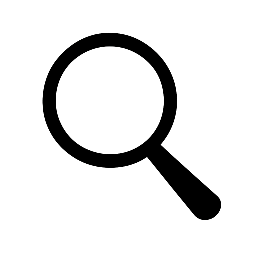
Over the past decade, research on conspiracy theories has grown into a vibrant and highly visible field. What began as a cycle of analysing conspiracy beliefs, narratives, and communities soon expanded in response to global events and crises. Brexit, the COVID-19 pandemic, Russia’s full-scale invasion to Ukraine, and the war in Gaza have brought conspiracy theories into the foreground of public debate and prompted large-scale efforts in fact-checking, debunking, prebunking, and counter-disinformation, often positioning academic researchers at the intersection of science, politics, intervention, and activism.
This has led not only to an unprecedented expansion of the field but also to moments of self-criticism. Scholars have since questioned the assumptions of a “golden age of conspiracy theories,” the effectiveness and ethics of counter-disinformation practices, and the risk of feeding into what has been called “Big Disinfo”—a research–policy–media complex that may itself reproduce the very dynamics it seeks to analyse. While we do not endorse views that cast counter-disinformation as coordinated censorship, we recognise that such critiques highlight real questions of power and accountability in the field. With “critical turns” we highlight both transformative shifts in theory and practice and the inward turns through which the field critiques its own assumptions. These reflections open space for new approaches and the 3rd CONNOR Conference invites participants to collectively explore what comes after this phase of research. We welcome contributions that engage with, but are not limited to, the following themes:
- Regional, cultural, and linguistic specificities, especially in the Nordic-Baltic context.
- New theoretical and methodological approaches to conspiracy theory research.
- The politics, ethics, and unintended effects of counter-disinformation and fact-checking.
- Conspiracy theories in relation to climate change, war, populism, migration, memory politics, history narratives, and other wedge issues.
- Legal perspectives on conspiracy theories.
- Economic and technological perspectives: big tech platforms and global information economies.
- Security, securitisation, and geopolitical perspectives, including NATO and war-related conspiracy narratives.
- Reflections on the self-critique of the field: myths, limitations, blind spots.
- Collaborative approaches: how researchers, journalists, educators, and policymakers can co-shape the next wave of research.
Submission: We invite the submission of individual papers as well as of panels, round tables, book launches and other formats via this form.
- Deadline for submissions: 30 November 2025
- Notification of acceptance: 15 December 2025
The conference will be fully in person (no online presentations).
Organizers: Department of Estonian and Comparative Folklore and the Department of Semiotics, University of Tartu, together with the Nordic Network of Conspiracy Theory Research (CONNOR). The University of Tartu organizing committee are Anastasiya Astapova, Mari-Liis Madisson, and Andreas Ventsel.
Contact: contact@connornordic.org
The event is supported by the Estonian Research Council projects PRG1716 Relational Approach of Strategic History Narratives (PI: Andreas Ventsel) and PSG729 COVID-19 Conspiracy Theories: Contents, Channels, and Target Groups (PI: Anastasiya Astapova).
